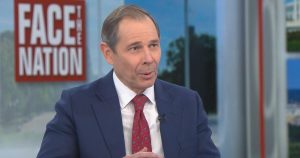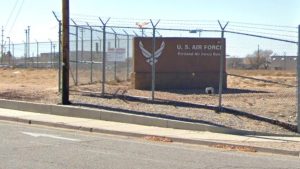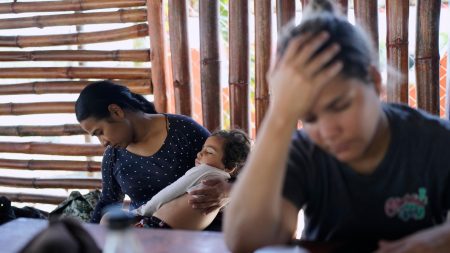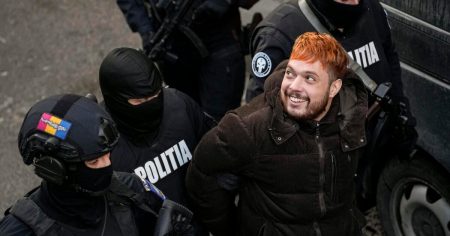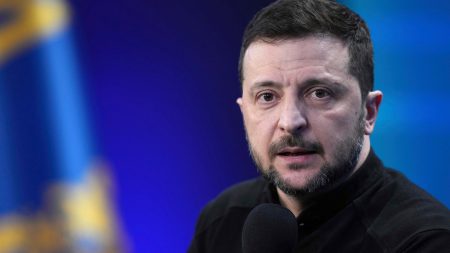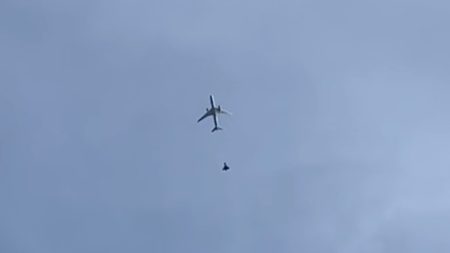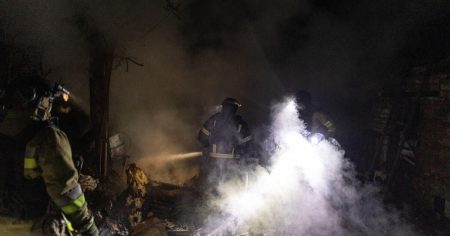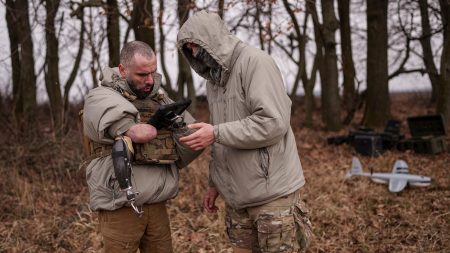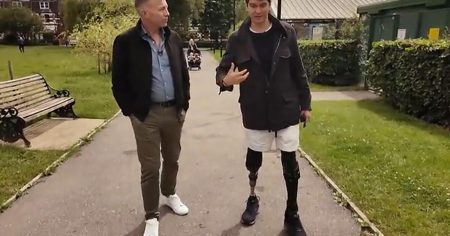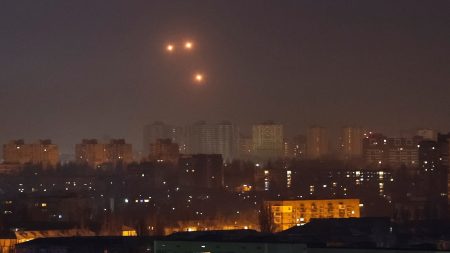APresident in Court: Yoon Suk Yeol’s Legal and Political Battle
SEOUL, South Korea (AP) — In an unprecedented turn of events, South Korean President Yoon Suk Yeol appeared in court on Thursday for a highly publicized hearing. The proceeding centered on a criminal charge alleging that Yoon orchestrated a rebellion when he briefly imposed martial law in December. The move, which sparked widespread controversy, has now landed the president in legal jeopardy, with his lawyers contesting his arrest and arguing for his release. The case has not only raised questions about the limits of presidential power but has also plunged the nation into a deepening political crisis.
The atmosphere outside the Seoul Central District Court was tense as Yoon’s motorcade arrived under heightened security. Dozens of his supporters gathered nearby, rallying in his defense. Inside the courtroom, the hearing focused on preliminary discussions about witnesses and other preparations for the upcoming criminal trial. Yoon’s legal team also pressed the court to reconsider his arrest and secure his release from custody. However, such requests are rarely successful, and the outcome of this legal challenge remains uncertain. The stakes are high: Yoon faces charges of rebellion, which could potentially carry the penalty of death or life imprisonment.
The Martial Law Controversy: A President’s Defense
Yoon was indicted on January 26 for his role in declaring martial law, a decision that has been criticized as an illegal overreach of power. According to the indictment, the president’s actions were designed to shut down the National Assembly and detain politicians and election authorities. Yoon, however, has maintained that his imposition of martial law was a temporary measure intended as a warning to the liberal opposition. He claims that he always intended to respect the will of lawmakers if they voted to lift the measure. This defense has been met with skepticism by his critics, who argue that the move was a blatant attempt to consolidate power and undermine democratic institutions.
The political fallout from Yoon’s decision has been significant. His presidential powers were suspended on December 14 when he was impeached by the National Assembly. The case is now before the Constitutional Court, which is expected to rule soon on whether to remove Yoon from office permanently or overturn the impeachment and reinstate him. The uncertainty surrounding Yoon’s political future has thrown the country into turmoil, disrupting high-level diplomacy and testing the resilience of South Korea’s democracy.
A Nation Divided: Protests and Questioned Institutions
The legal and political drama surrounding Yoon has not only polarized the nation but has also led to direct confrontations between his supporters and the judiciary. When a court authorized Yoon’s arrest last month, his conservative supporters rioted outside the Seoul Western District Court. The violent outburst underscored the deep divisions within South Korean society and the intense emotions surrounding the case. Yoon’s lawyers and members of his ruling party have openly questioned the credibility of the courts and law enforcement agencies handling the case, further eroding public trust in the justice system.
Yoon himself has exacerbated tensions by expressing contempt for his liberal rivals, whom he accuses of obstructing his agenda. He has also endorsed baseless conspiracy theories about election fraud, using them to justify his authoritarian actions. These moves have alienated not only his political opponents but also moderate voters who are increasingly concerned about the direction of the country under his leadership.
The Broader Implications: A Democracy in Crisis
The charges against Yoon are not limited to the president himself. Several high-ranking officials, including the defense minister, police chief, and military commanders, have also been arrested and indicted on charges of rebellion, abuse of power, and other offenses related to the martial law decree. The involvement of the military in the affair has raised alarms about the role of the armed forces in civilian politics, a sensitive issue in a country with a history of military rule. The deployment of hundreds of heavily armed troops to the National Assembly and National Election Commission offices during the martial law period has been widely condemned as an unacceptable use of force against democratic institutions.
As the legal proceedings unfold, South Korea finds itself at a critical juncture. The outcome of Yoon’s case will have far-reaching implications for the future of the country’s democracy. If the courts rule against Yoon, it could set a precedent for holding leaders accountable for abuses of power. Conversely, if the impeachment is overturned and Yoon is reinstated, it could embolden future leaders to push the boundaries of executive authority. In either case, the events of recent months have exposed deep fissures in South Korea’s political system and raised important questions about the balance of power in a democratic society.
Conclusion: A Test of Democratic Resilience
The ongoing ordeal of President Yoon Suk Yeol is more than just a legal battle; it is a test of South Korea’s democratic resilience. The imposition of martial law, the subsequent impeachment, and the violent protests by Yoon’s supporters have all combined to create a perfect storm of political instability. As the Constitutional Court prepares to render its decision, the nation waits with bated breath. Will the court uphold the impeachment and pave the way for new leadership, or will it reinstate Yoon and allow him to continue his controversial agenda? The answer will not only determine Yoon’s fate but also shape the future trajectory of South Korea’s democracy. In the meantime, the international community watches closely, aware that the outcome of this drama has implications that extend far beyond the borders of South Korea.

